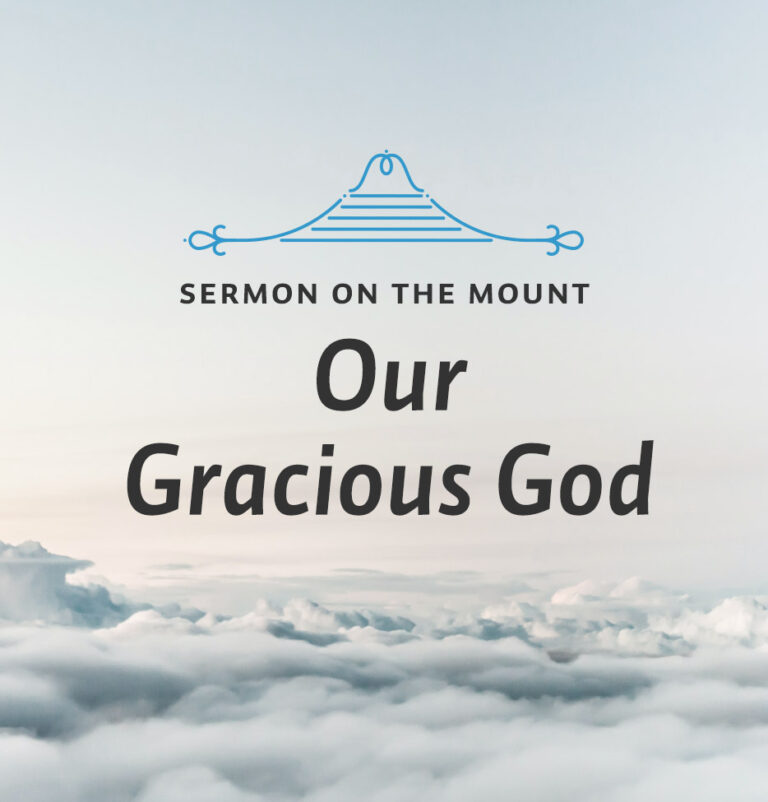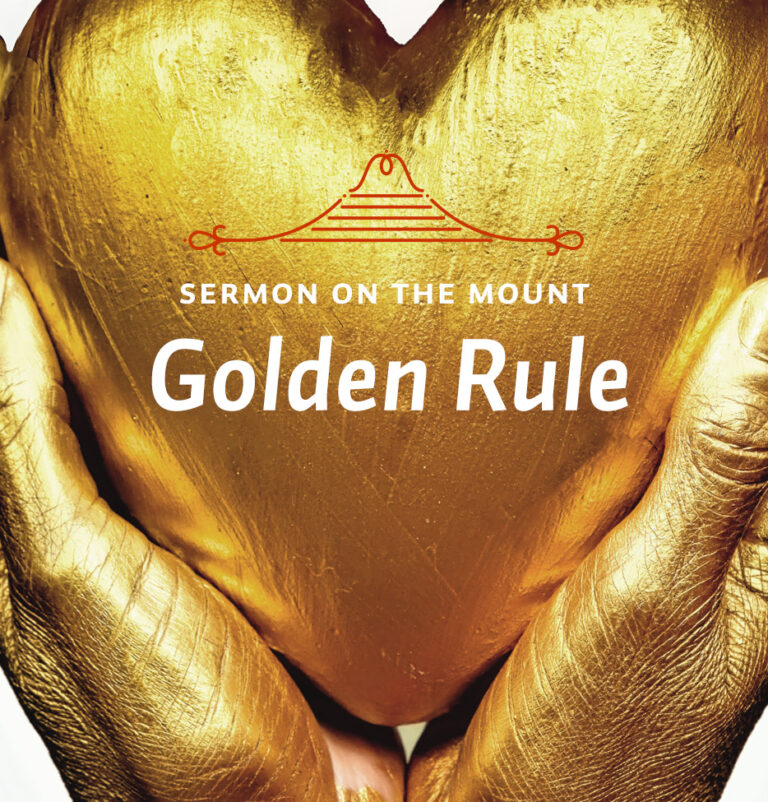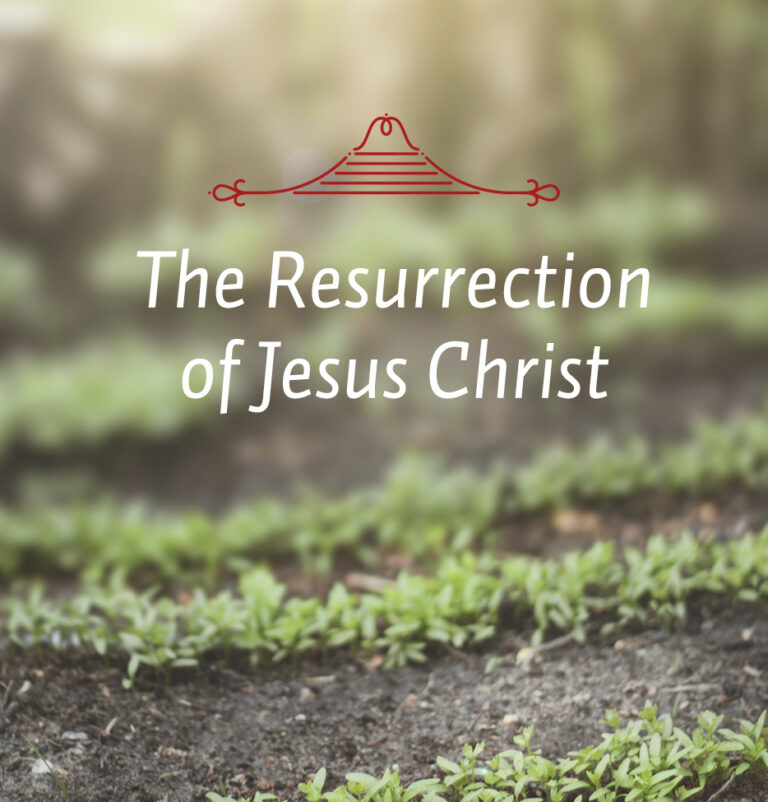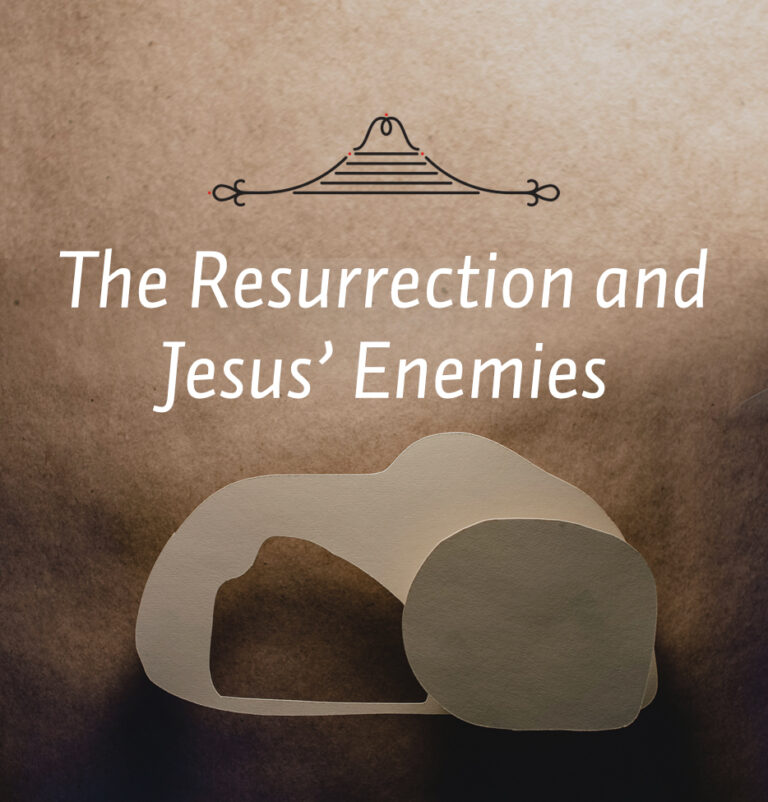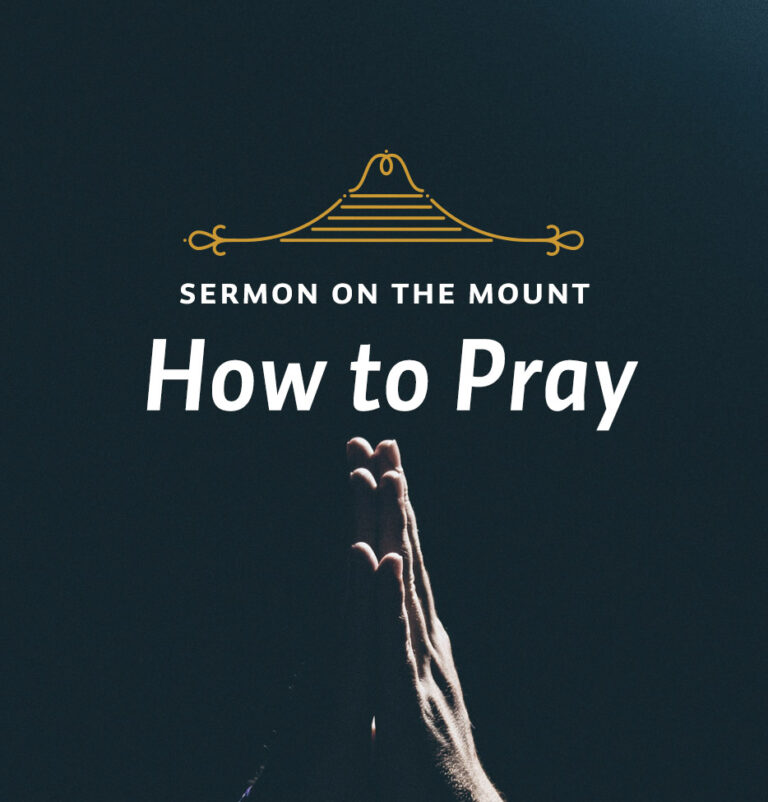
Monday: A Difficult Subject
People ask me when they should pray and how they should pray. Sometimes they even ask, “Why should I pray?” Well, it’s with questions like these that we want to deal, and many of them are answered when we realize that prayer is basically talking with God. Therefore it should be as natural for us to pray as for a child to come to his parents for guidance, for consolation, help, or merely sharing the day’s experiences. If you are a child of God—as the Bible says you are if you have admitted that you are a sinner, believed on the Lord Jesus Christ as your Savior, and committed yourself to Him—then there need be no restrictions on the time, place or manner in which you speak to Him.


